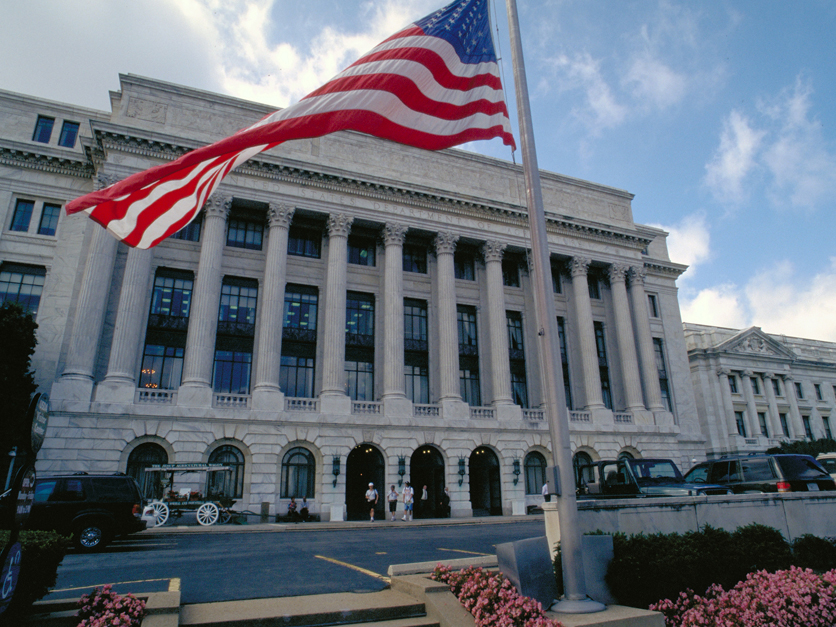Federal and state officials are investigating illnesses in dairy herds in Texas, Kansas and New Mexico after some older cows tested positive for highly pathogenic avian influenza.
As of Monday, unpasteurized samples of milk from ill cattle on two farms in Kansas and one in Texas, and a test swab from a second Texas operation, have tested positive for HPAI, reported USDA’s Animal and Plant Health Inspection Service. Some additional testing was started Monday after dead wild birds were found on farms, the agency said. Additional testing also is being done to identify the strain of HPAI that is involved.
“Based on findings from Texas, the detections appear to have been introduced by wild birds," APHIS said in a press release. "Initial testing by the National Veterinary Services Laboratories has not found changes to the virus that would make it more transmissible to humans, which would indicate that the current risk to the public remains low.”
The agency went on to say that there is no concern at this point about the safety of the commercial milk supply. “Dairies are required to send only milk from healthy animals into processing for human consumption; milk from impacted animals is being diverted or destroyed so that it does not enter the food supply. In addition, pasteurization has continually proven to inactivate bacteria and viruses, like influenza, in milk. Pasteurization is required for any milk entering interstate commerce,” the release said.
About 10% of the cattle on the farms appear to be affected by the virus "with little to no associated mortality reported among the animals. Milk loss resulting from symptomatic cattle to date is too limited to have a major impact on supply and there should be no impact on the price of milk or other dairy products," the release said.
In a separate release, Texas Agriculture Commissioner Sid Miller said the infected animals were located in the Texas panhandle, a region hit last month by wildfires.
“Unlike affected poultry, I foresee there will be no need to depopulate dairy herds,” Miller said. “Cattle are expected to fully recover. The Texas Department of Agriculture is committed to providing unwavering support to our dairy industry.”
It’s easy to be “in the know” about what’s happening in Washington, D.C. Sign up for a FREE month of Agri-Pulse news! Simply click here.
The state agency is recommending all dairy operations take a series of biosecurity measures, including restricting access to essential personnel, disinfecting all vehicles entering and leaving farms, isolating affected cattle and destroying any milk that is contaminated.
The meat and dairy industries sought to assure the public that beef and milk are not at risk from the virus.
“According to the Centers for Disease Control and Prevention (CDC) and USDA food safety experts, properly prepared beef is safe to eat,” Meat Institute President and CEO Julie Anna Potts said in a release. “HPAI cannot be transmitted to humans by eating meat or poultry products.
She urged the Biden administration "to anticipate international trade concerns and encourage our trading partners to abide by internationally recognized scientific standards as determined by the World Organization for Animal Health (WOAH).”
Dairy industry groups said in a joint statement that mammals "do not spread avian influenza—it requires birds as the vector of transmission and it’s extremely rare for the virus to affect humans because most people will never have direct and prolonged contact with an infected bird, especially on a dairy farm."
Infected cattle generally recover in two to three weeks, the statement said.
For more news, go to Agri-Pulse.com.


